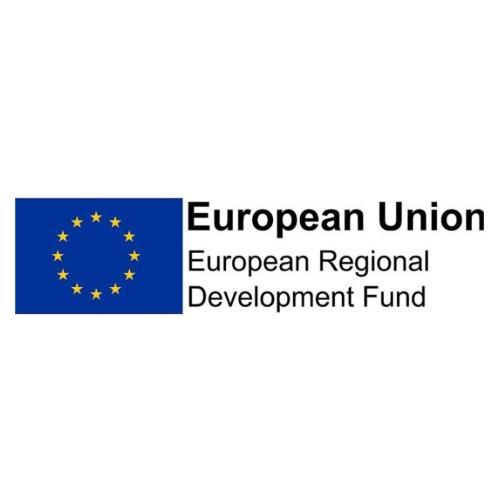Which authorities are responsible for this instrument?
National and regional managing authorities, national coordinating bodies and the Directorate-General for Regional and Urban Policy (DG REGIO, European Commission) are responsible.
The Commission negotiates and approves programmes proposed by EU countries and allocates resources. The EU countries/regions manage the programmes, implement them by selecting projects, control and assess them.
The Commission is involved in programme monitoring, commits the funds, pays out approved expenditure and verifies the control systems. For each operational programme, the national authority appoints: a managing authority (national, regional or local public authority or public/private body to manage the operational programme) and an auditing body (national, regional or local public authority or body for each operational programme to oversee the efficient running of the management and monitoring system).

